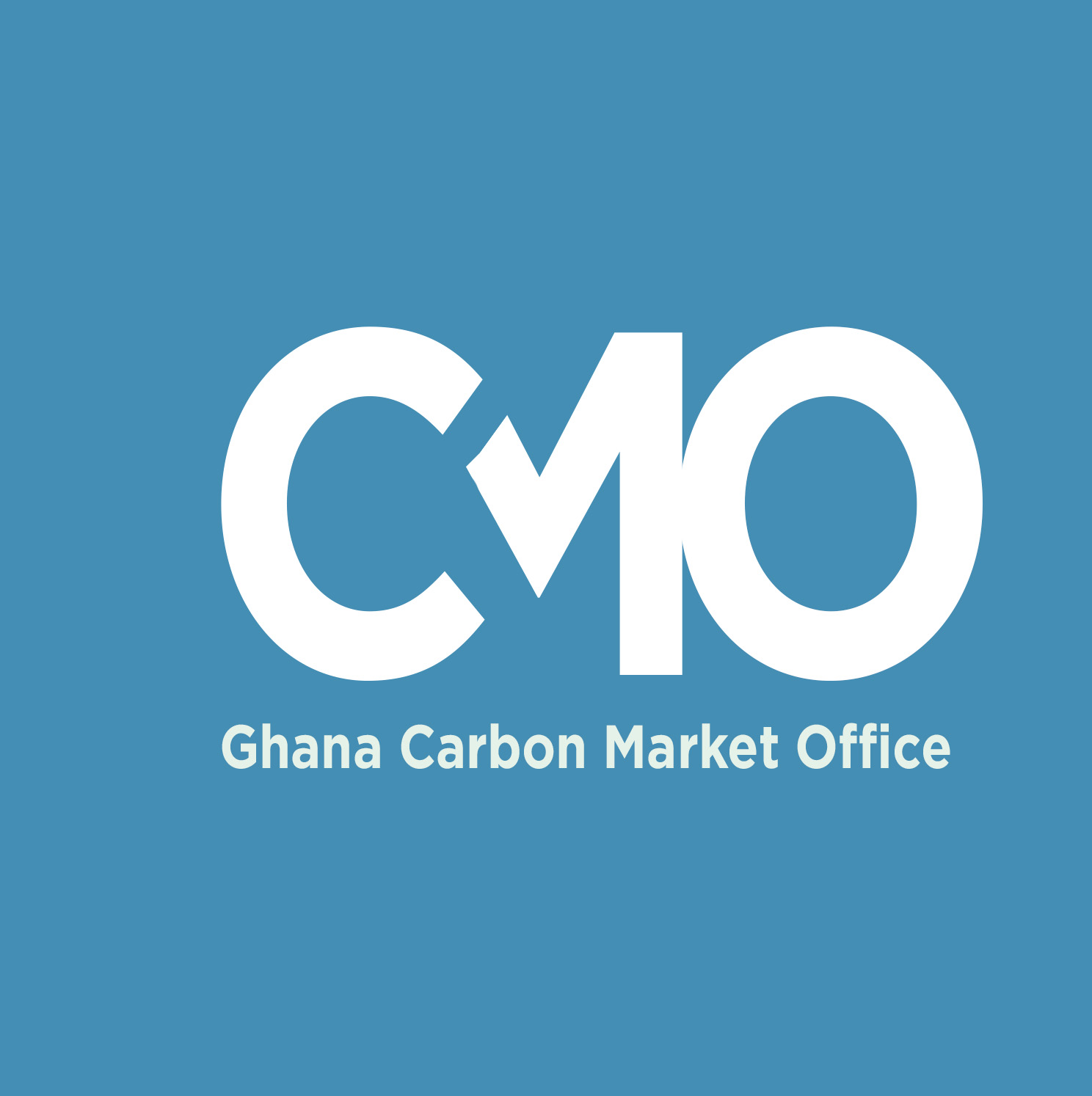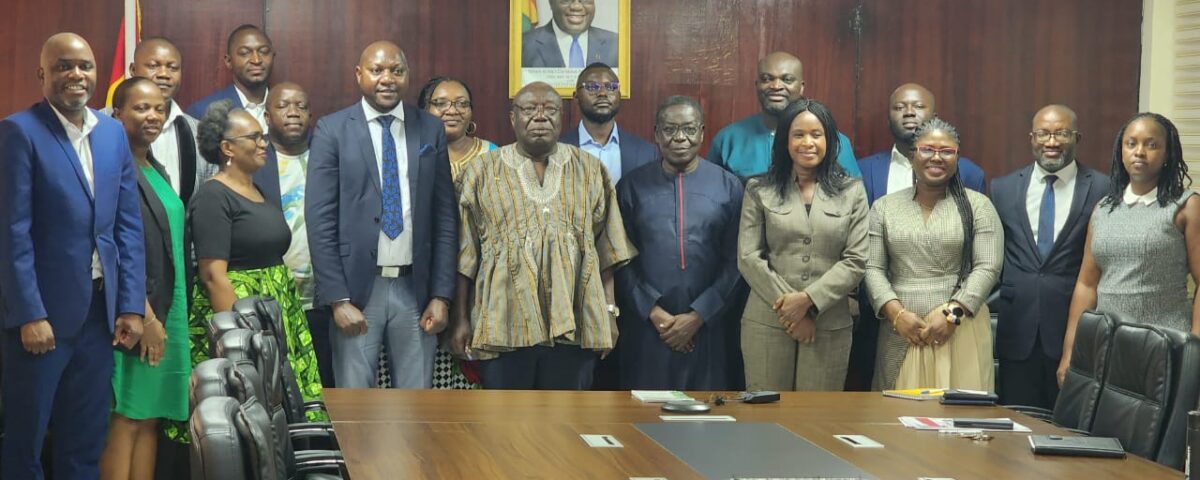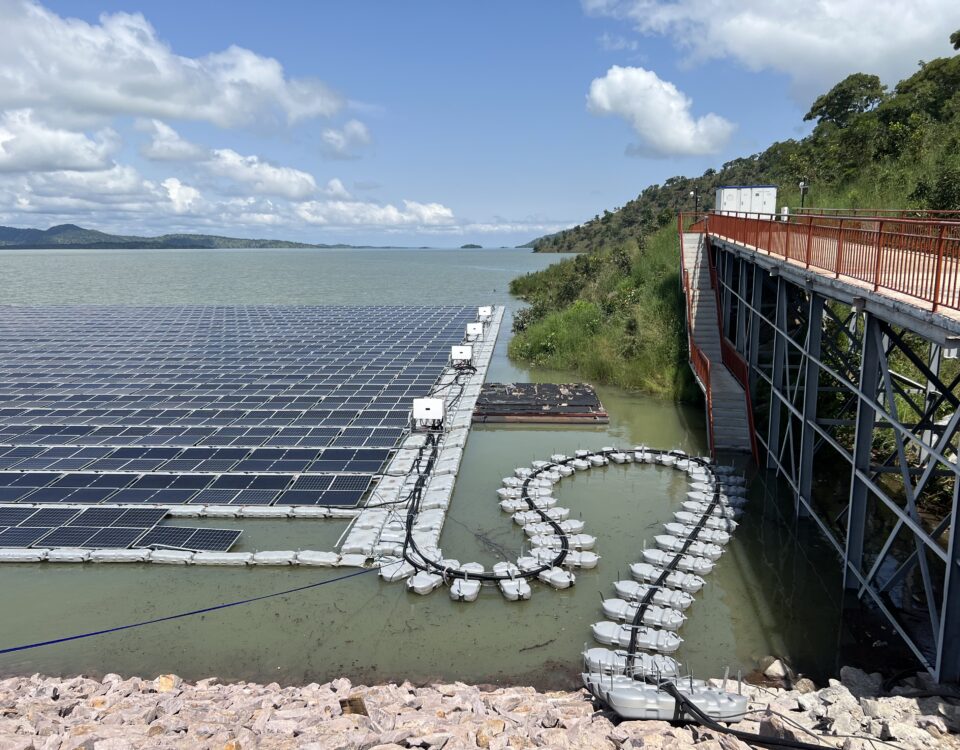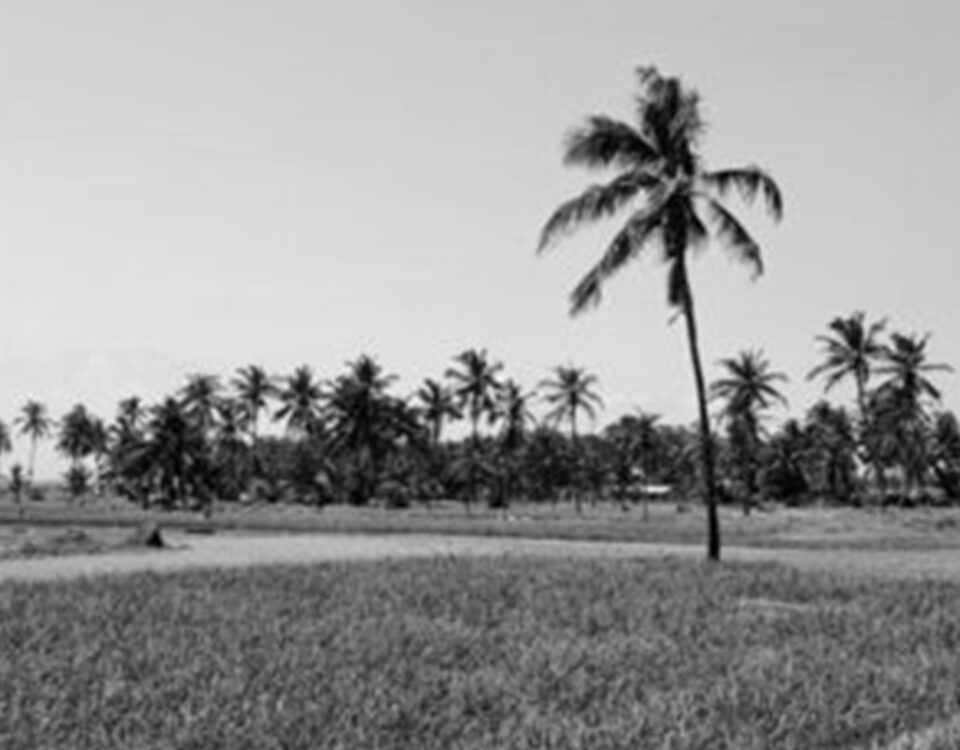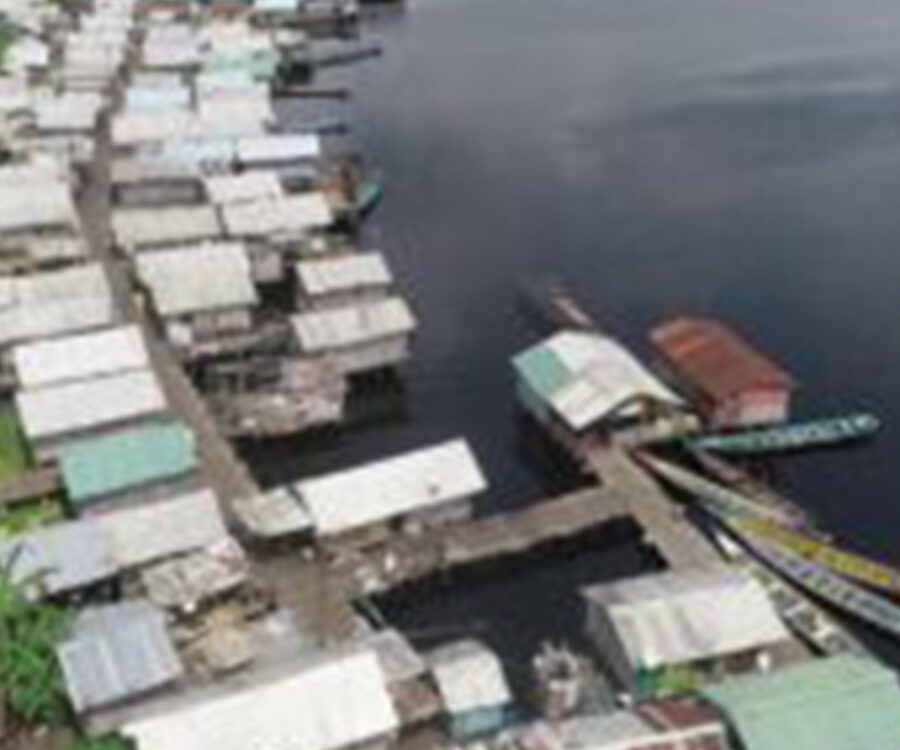Study tour by Namibia delegation to Ghana
The Republic of Namibia has received funding under the Japan Supplementary Budget (JSB) to implement a project on the promotion of carbon market in Namibia for an enhanced implementation of its nationally determined contributions (NDC) towards net-zero emissions and climate-resilient development in response to the climate emergency. The project is being implemented by UNDP Namibia in collaboration with the Namibian Ministry of Environment, Forestry and Tourism (MEFT).
Namibia’s participation in the carbon market is to help support achieving its NDC target and bring economic benefits.
Ghana is one of the forerunners in carbon market under Article 6 of the Paris Agreement in Africa and as such, UNDP Namibia in collaboration with the Namibian Ministry of Environment, Forestry and Tourism (MEFT) took a study tour to Ghana from 20th to 24th March 2023 to enhance their experience on carbon market, and further examine their readiness for carbon trading.
The 9-member delegation lead by Mr. Petrus Muteyauli, head of Multilateral Environmental agreements of Namibia’s Ministry of Environment, Forestry and Tourism during their visit, paid a courtesy call on Tuesday 21st March 2023 on the Hon. Minister of Environment, Science, Technology, and Innovation to officially inform him of the purpose and objectives of their visit to Ghana and to further deliberate on issues on the carbon market.
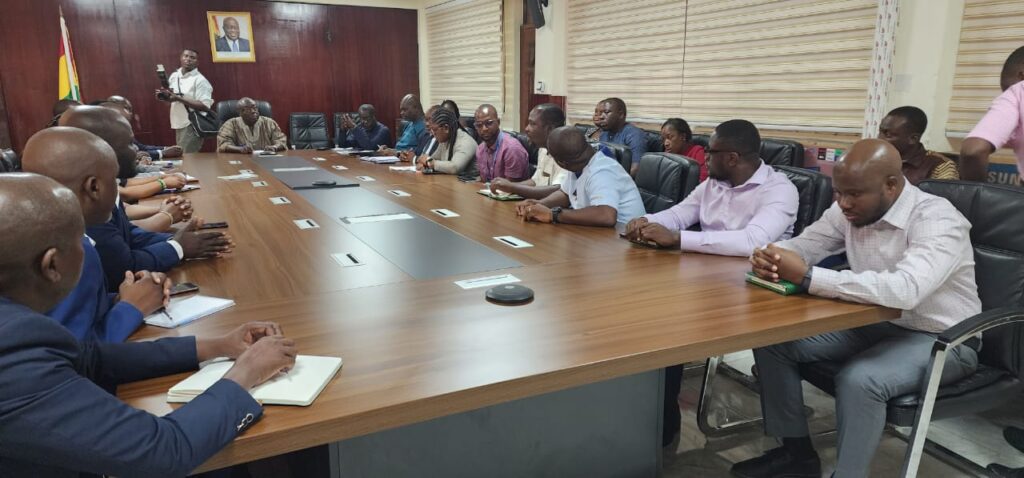
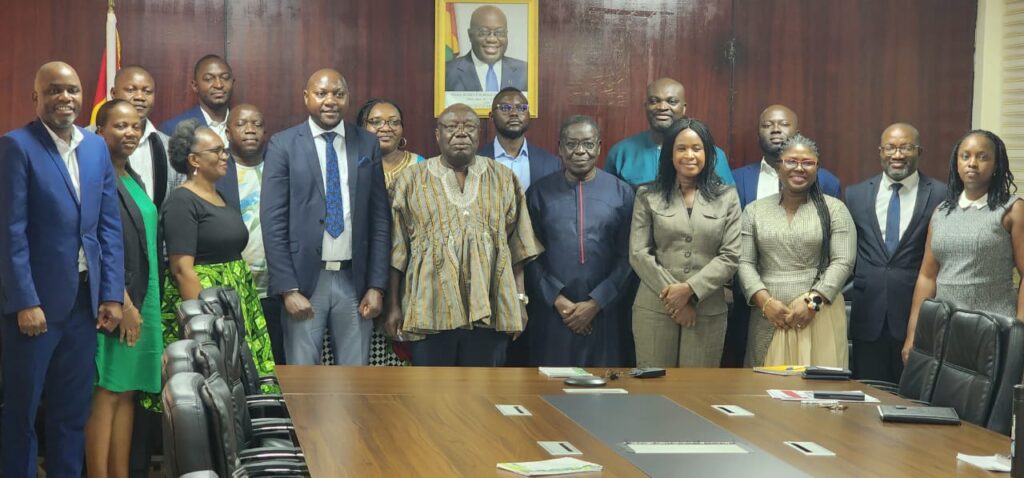
The delegation during the study tour had the opportunity to examine the Ghanaian state of the policy, legal, technical, and administrative arrangements for benchmarking to inform decision-making on carbon pricing instruments suitable for the Namibian context.
Further discussions were made on application of the Paris Agreement Article 6.2- Ghana’s Framework on international carbon market and non- market approaches, potential carbon market projects on the energy, waste and forestry sectors, the basic infrastructure for the carbon registry and carbon pricing.
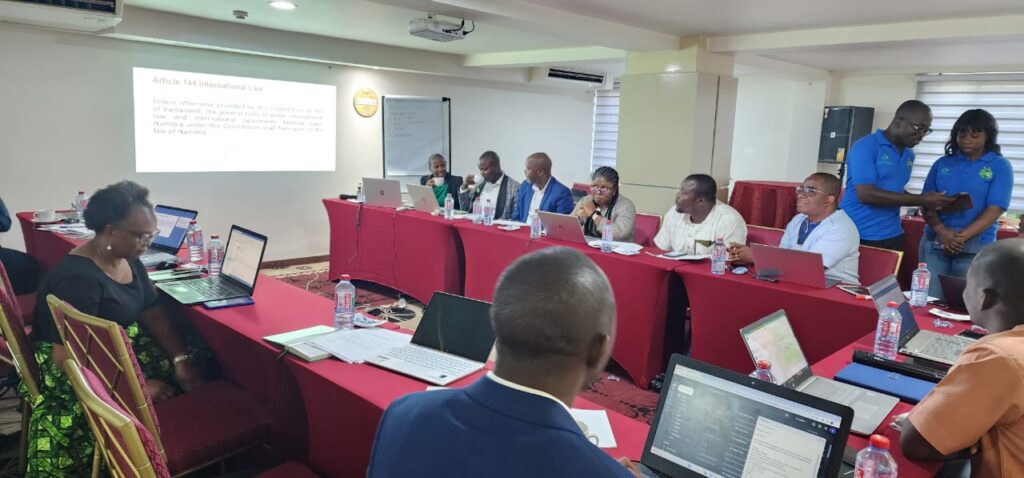
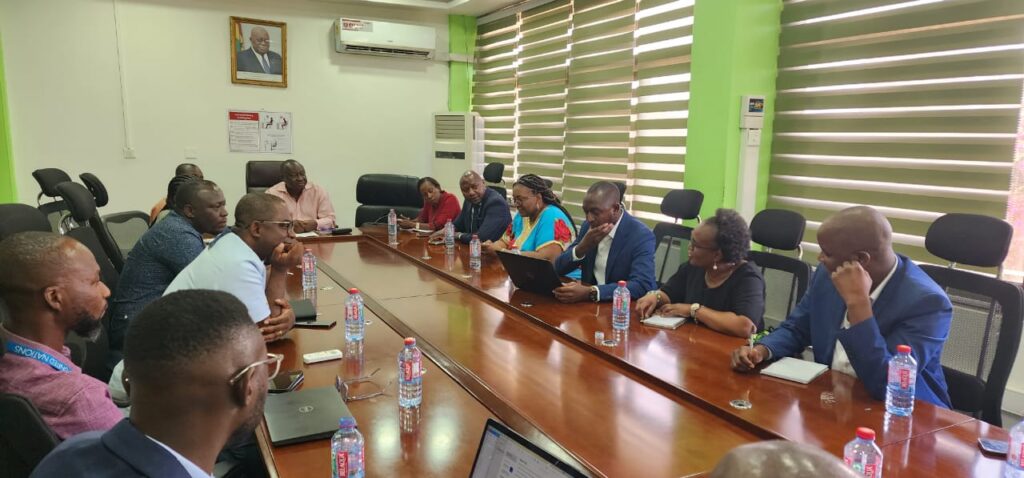
The delegation took field trips on implementation of carbon market activities on agriculture, waste, and energy projects. These included rice fields under the Alternate Wet and Dry Project, Compost plant and solar taxis.
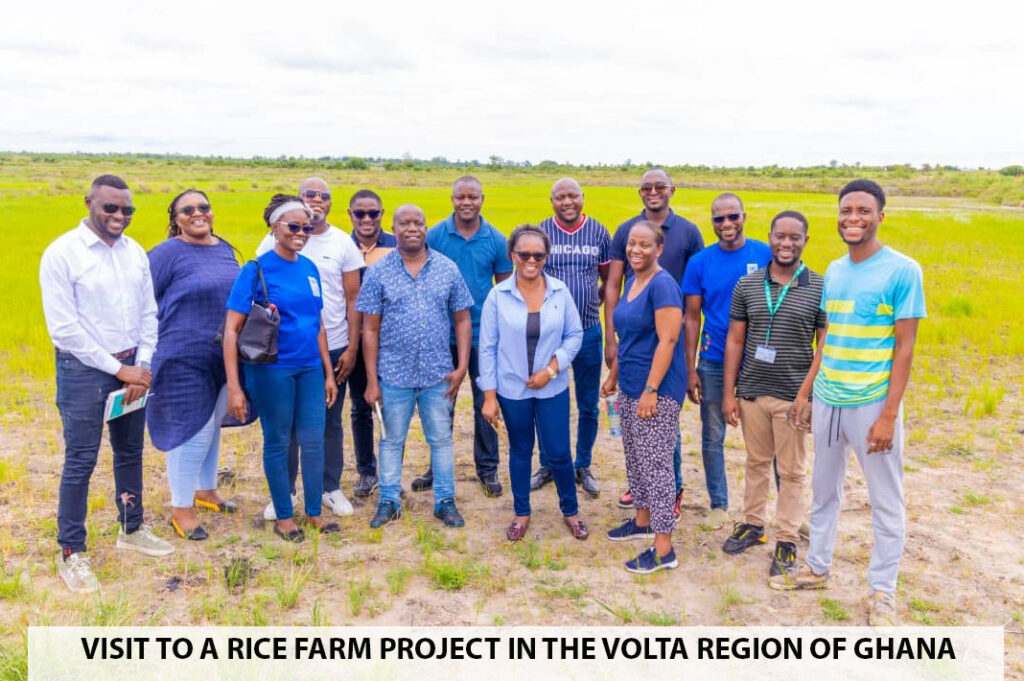
The next steps for the study tour included the need to ensure that lessons learned were;
- Taking a critical look at the Namibia NDC and assess which ones are conditional and unconditional. This in effect will help chart a clearer path towards engaging in carbon market in Namibia and subsequently achieve its NDC.
- Another area that was of importance to the delegation was to conduct a capacity building programme for private sector and government agencies in Namibia.

